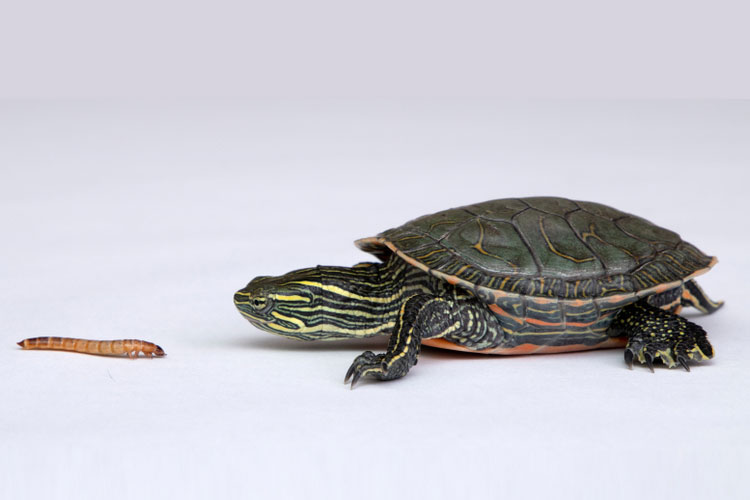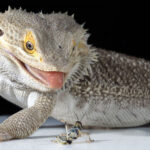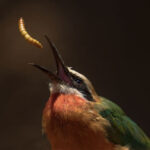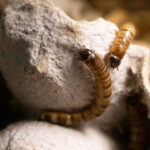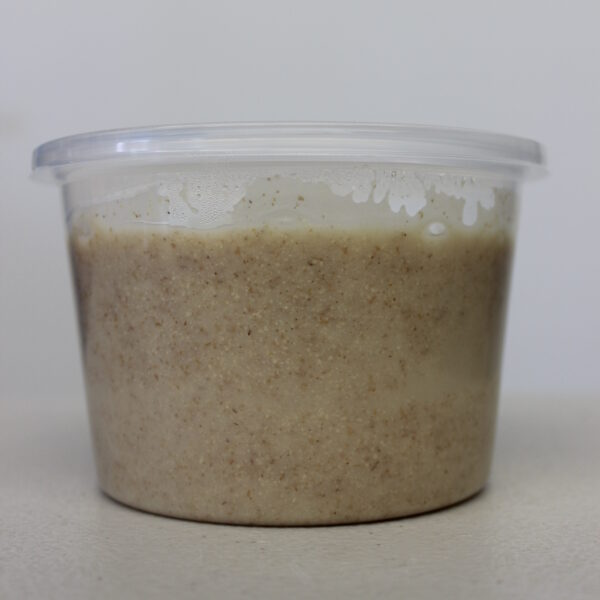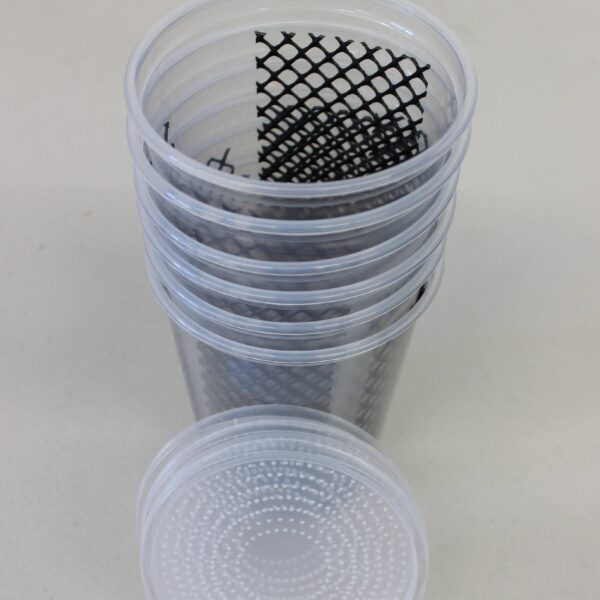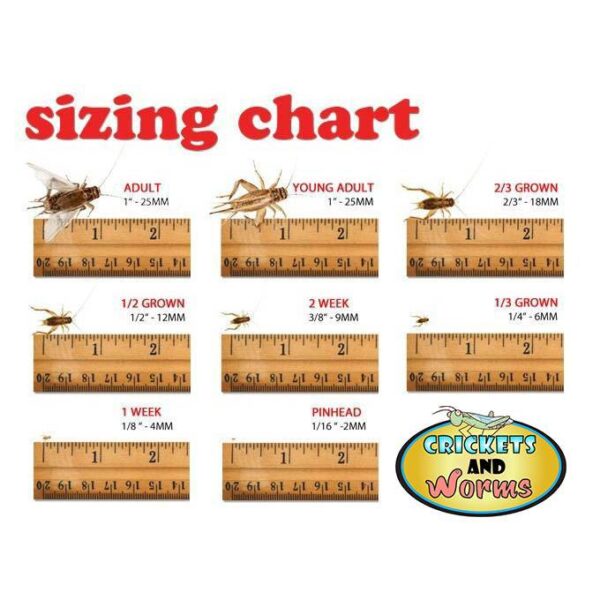In the fascinating world of pet reptiles, providing optimal nutrition is key to ensuring their health and well-being. While many reptile owners are well-versed in the importance of a balanced diet, there’s often a lack of awareness about the benefits of incorporating live mealworms into their pets’ feeding regimen. These wriggly little creatures pack a punch when it comes to nutrition, making them an indispensable component of a reptile’s diet. Let’s explore why live mealworms are a must-have for your scaly companions.
Nutritional Powerhouse:
Live mealworms are nutritional powerhouses, offering a rich source of protein, essential fats, vitamins, and minerals that are vital for the overall health of reptiles. Protein is particularly crucial for reptiles as it supports growth, tissue repair, and muscle development. Additionally, the high protein content in mealworms makes them an excellent choice for species that require a carnivorous diet.
Calcium and phosphorus are two essential minerals found in live mealworms, which are essential for maintaining strong bones and preventing metabolic bone diseases such as MBD (Metabolic Bone Disease). These minerals are especially important for reptiles like bearded dragons and turtles, which rely on adequate calcium intake for proper shell and bone development.
Enrichment and Mental Stimulation:
Feeding live mealworms to pet reptiles not only satisfies their nutritional needs but also provides valuable enrichment and mental stimulation. Hunting for live prey is a natural behavior for many reptile species, and allowing them to engage in this instinctual activity can prevent boredom and promote overall well-being.
Watching a reptile stalk, capture, and consume live mealworms can be incredibly rewarding for both the owner and the pet. It offers a glimpse into the reptile’s natural behaviors and fosters a deeper connection between the two.
Digestive Health:
Another benefit of feeding live mealworms to pet reptiles is their positive impact on digestive health. The movement of live prey stimulates the reptile’s natural hunting instincts and encourages physical activity, which can help regulate bowel movements and prevent constipation.
Furthermore, the exoskeleton of mealworms contains chitin, a fibrous substance that aids in digestion by promoting gut motility. This can be particularly beneficial for reptiles with sluggish digestive systems or those prone to digestive issues.
Variety in the Diet:
Variety is key to a well-rounded diet for pet reptiles, and live mealworms offer a convenient way to introduce diversity into their feeding regimen. While commercial reptile diets and frozen prey items have their place, live mealworms provide a different texture, taste, and sensory experience that can help prevent dietary monotony.
By rotating live mealworms with other feeder insects such as crickets, dubia roaches, and waxworms, reptile owners can ensure their pets receive a diverse array of nutrients, flavors, and enrichment opportunities.
Nutrition for Pet Reptiles
Live mealworms are a nutritional powerhouse and an essential component of a balanced diet for pet reptiles. From providing essential nutrients to promoting enrichment and digestive health, these wriggly little creatures offer a myriad of benefits that contribute to the overall well-being of reptile companions.
Crickes and worms for sale
As responsible reptile owners, it’s important to prioritize the nutritional needs and natural behaviors of our scaly friends. By incorporating live mealworms into their diet, we can provide them with the best possible care and enrich their lives in meaningful ways. So, the next time you’re stocking up on feeder insects, don’t forget to add some live mealworms to the menu – your reptile will thank you for it!

